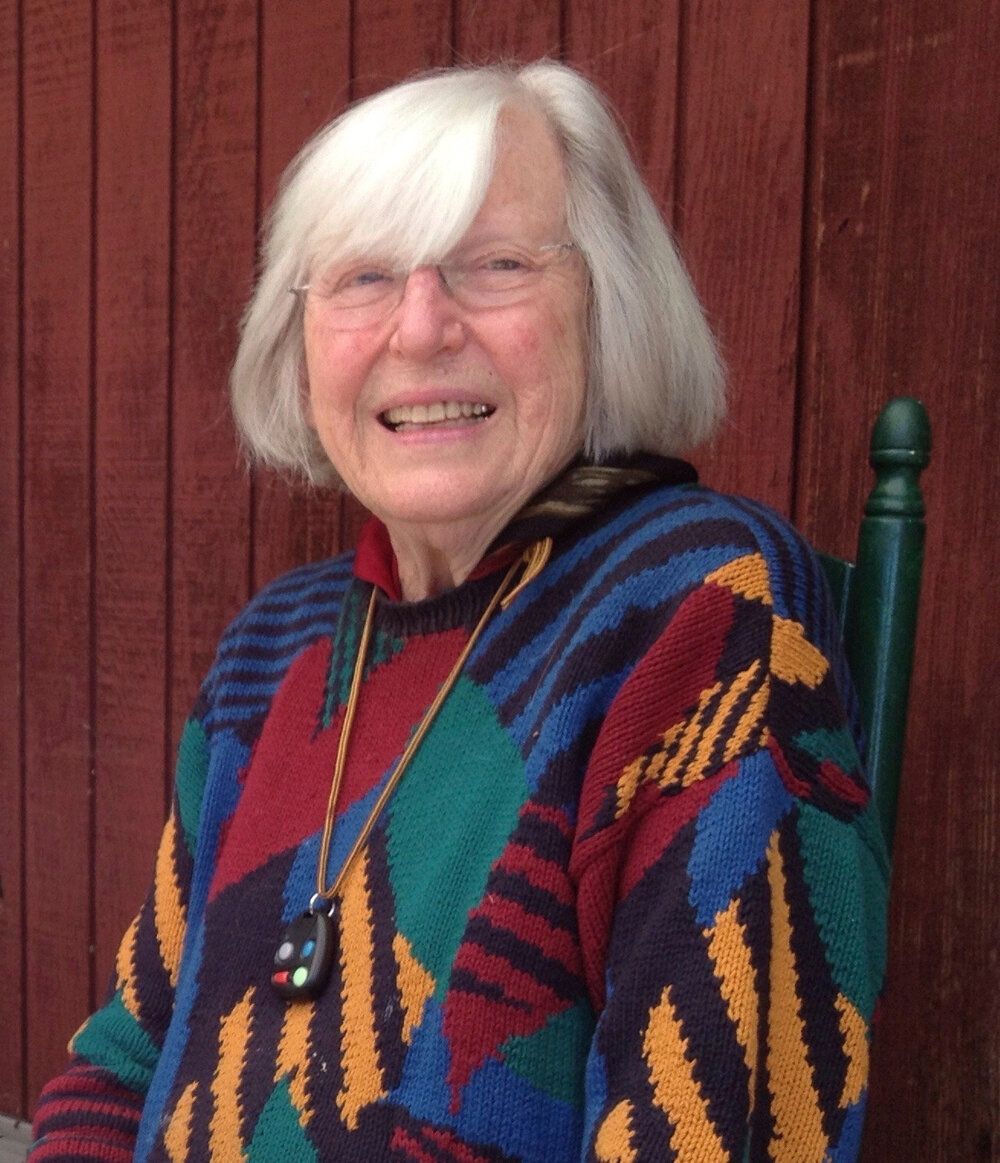Shirley Arora, professor emerita in the UCLA Department of Spanish and Portuguese, died March 23 in Lake Oswego, Oregon. She was 90.

During her 37-year career at UCLA, Arora became the first woman to chair the Spanish and Portuguese department, a position she held for 10 years. She was a member in key campuswide committees, including the Council on Academic Personnel, and she was the president of the Faculty Center.
Arora retired from UCLA in 2000, the same year she became the founding trustee of the Arora Family Charitable Foundation.
In 2003, she established an endowment in the Spanish and Portuguese department to support graduate students. Over the course of nearly two decades, the Dr. Shirley L. Arora Graduate Fellowship Fund has provided financial support to more than 30 graduate students. In 2005, the department honored Arora with the distinguished alumni award.
“Shirley chaired the department for many years, at a time when few women were department chairs,” said Rosina Becerra, chair of the of Spanish and Portuguese department. “Her legacy in the department will continue through the many graduate students who have been helped by her generosity through the Shirley Arora fellowship program.”
C. Brian Morris, professor emeritus of Spanish and Portuguese, said: “The warmth with which she welcomed me to the department in 1980 was something I valued during the years when we were colleagues. I was invited to speak at a ceremony marking her retirement; the qualities to which I paid tribute — her unfailing grace and equanimity, her scrupulous fairness, her serenity — made her an admirable teacher and administrator who inspired deep respect.”
Arora was born June 3, 1930, in Youngstown, Ohio. She attended Stanford University, where she earned her bachelor’s degree and master of arts degree in Spanish. In 1962, she earned her doctorate from UCLA, where she became an assistant professor in the Spanish and Portuguese department and spent the entirety of her career.
In 1992, she was inducted as a fellow of the American Folklore Society. Her research in folklore focused on proverbial speech in the Spanish-speaking world and legend. She was the author of “Proverbial Comparisons and Related Expressions in Spanish Recorded in Los Angeles, California” (1977) and “Proverbial Comparisons in Ricardo Palma’s Tradiciones Peruanas” (1966). She was also an acclaimed author, whose books included “What, Then Raman?” (1963), which was translated into multiple languages, and “The Left-Handed Chank” (1966).
Her contributions to proverb study included analysis of the social significance of proverb communication, particularly from the perspective of the listener. Notable among her many articles on proverbs is “The Perception of Proverbiality.” According to bibliographer Wolfgang Mieder, it was the most cited article in international proverb scholarship.
Arora is survived by her two sons, David and Alan.
